This is the issue raised at the conference to collect opinions on law making of the National Assembly Delegation of Ho Chi Minh City held on October 9. The proposed bills include: Construction Law (amended); Planning Law (amended); Resolution on regulations on a number of mechanisms and policies to remove difficulties and obstacles in organizing the implementation of the Land Law; proposals to amend and supplement Resolution 98/2023/QH15 on piloting a number of specific mechanisms and policies for the development of Ho Chi Minh City.

Mr. Nguyen Van Loi, Head of the National Assembly Delegation of Ho Chi Minh City, oriented the content of comments at the conference (Photo: Tung Nguyen).
At the conference, Dr. Truong Minh Huy Vu, Director of the Ho Chi Minh City Institute for Development Studies, representing the editorial team to adjust and supplement Resolution 98, presented four major policies that the city proposed to amend.
The first is about investment management and exploitation of urban land funds. The city proposes to continue decentralizing and authorizing the People's Council and People's Committee of Ho Chi Minh City to decide on investment in public areas.
The second is about urban, resource and environmental management. The city proposed to expand the scope of land funds for payment for BT projects, allowing the city to proactively reclaim and directly allocate land in some cases to speed up investment progress.
Third is the proposal to add priority industries to attract strategic investors, in which priority is given to key areas in line with the city's expansion orientation (specialized healthcare , logistics, seaports...).
Finally, add a provision on the establishment of the Ho Chi Minh City Free Trade Zone. The first step is to pilot the establishment of a zone associated with the marine economy in the Cai Mep Ha seaport area.

Dr. Truong Minh Huy Vu, Director of Ho Chi Minh City Institute for Development Studies (Photo: Tung Nguyen).
According to Dr. Truong Minh Huy Vu, Resolution 98 has only been implemented for more than 2 years, so it is not time to summarize. However, the new development context, especially when the city has expanded its boundaries, leading to an increase in population, area and investment demand since July 1, requires early research, adjustment and expansion of the mechanism.
National Assembly Deputy Nguyen Thi Le, former Chairwoman of the Ho Chi Minh City People’s Council, agreed with the above opinion. According to her, after only 2 years of implementing Resolution 98, the city has achieved many remarkable results but there are still “bottlenecks” in the implementation process.
According to Ms. Le, when implementing the 2-level local government model, the division of authority and responsibility between the City People's Committee and the commune-level government still has many shortcomings. This leads to a situation where authority is unclear, work is too much, and responsibilities are heavy at the commune level. Therefore, it is necessary to soon have a policy to remove the obstacles so that the apparatus can operate more flexibly and effectively.

National Assembly Delegate Nguyen Thi Le, former Chairwoman of the Ho Chi Minh City People's Council (Photo: Tung Nguyen).
National Assembly Deputy Nguyen Thi Le proposed to consider amending and supplementing Resolution 98 in the direction of expanding authority, granting more authority to the People's Council and People's Committee of Ho Chi Minh City; clearly defining the tasks and powers of the city government with wards, communes, and special zones in the 2-level local government model...
According to Associate Professor Dr. Tran Hoang Ngan, the city used to have only 10 million people, now it has more than 14 million people, including visitors and temporary residents, it is nearly 20 million people. The number of businesses alone is more than 450,000 units. Therefore, the expansion of the city requires the early adjustment of Resolution 98.
“With its new physical shape, population size and economy, the city clearly needs a more compatible, stronger and superior institution,” he said.

Mr. Nguyen Van Loi, Head of the National Assembly Delegation of Ho Chi Minh City, agreed that amending and supplementing Resolution 98 is very necessary (Photo: Tung Nguyen).
Concluding the conference, Mr. Nguyen Van Loi, Head of the Ho Chi Minh City National Assembly Delegation, agreed that amending and supplementing Resolution 98 is very necessary in the new development context of the city.
According to Mr. Nguyen Van Loi, Ho Chi Minh City still has many institutional problems, especially in the areas of planning, finance and investment. These bottlenecks need to be resolved with a stronger, specific mechanism so that the city can develop to its full potential.
Source: https://dantri.com.vn/noi-vu/the-trang-quy-mo-moi-vuot-troi-tphcm-can-co-che-tuong-thich-dung-tam-20251010043935973.htm


![[Photo] Prime Minister Pham Minh Chinh attends the Patriotic Emulation Congress of Hanoi city](https://vphoto.vietnam.vn/thumb/1200x675/vietnam/resource/IMAGE/2025/10/10/1760078918257_dsc-2008-jpg.webp)

![[Photo] "Exposing letters" in the flood center of Lang Son](https://vphoto.vietnam.vn/thumb/1200x675/vietnam/resource/IMAGE/2025/10/10/1760080117518_ndo_br_z7101324112737-07cd4d1c01801a8ccf4ae0cbaf31c4a3-507-jpg.webp)
![[Photo] Standing member of the Secretariat Tran Cam Tu works with the Standing Committee of the Party Committee of the Ministry of Health](https://vphoto.vietnam.vn/thumb/1200x675/vietnam/resource/IMAGE/2025/10/10/1760079818773_image-4-6972-jpg.webp)








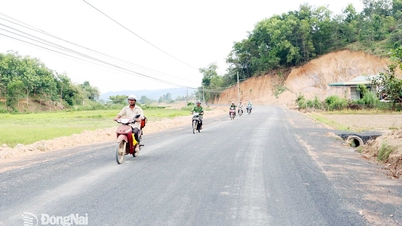

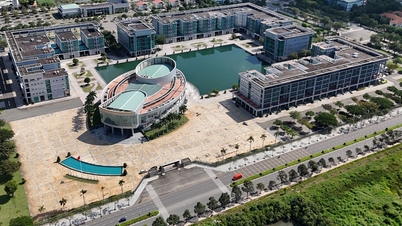







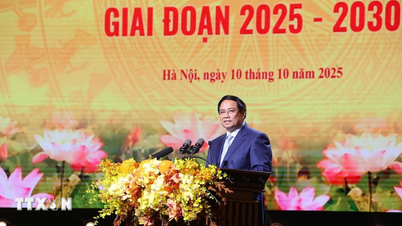
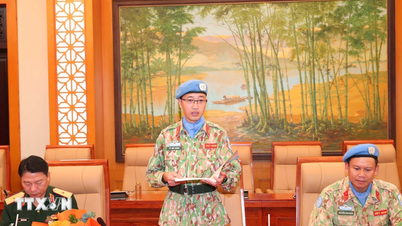










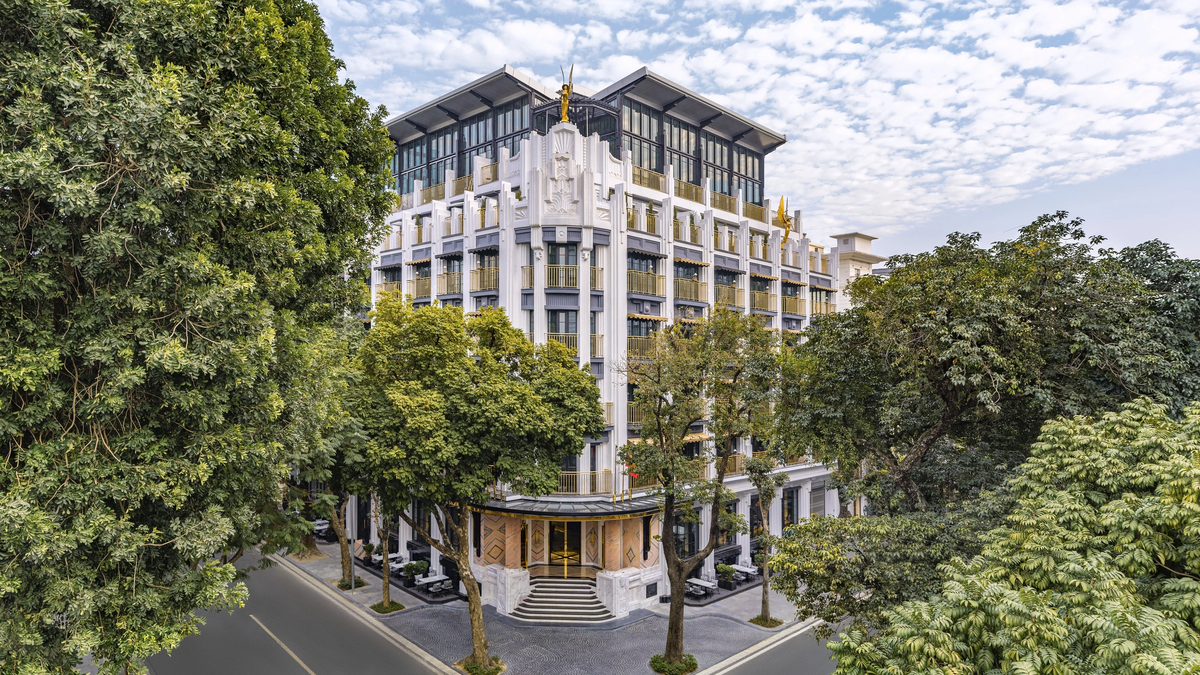





























![[Photo] President Luong Cuong presents decisions on conferring titles and appointing Vietnamese Ambassadors](https://vphoto.vietnam.vn/thumb/402x226/vietnam/resource/IMAGE/2025/10/10/1760082105623_image-1.jpeg)




















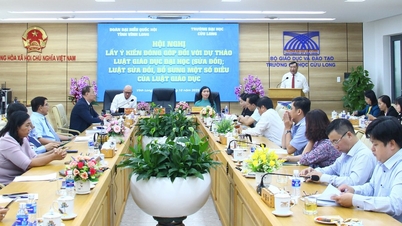

















Comment (0)